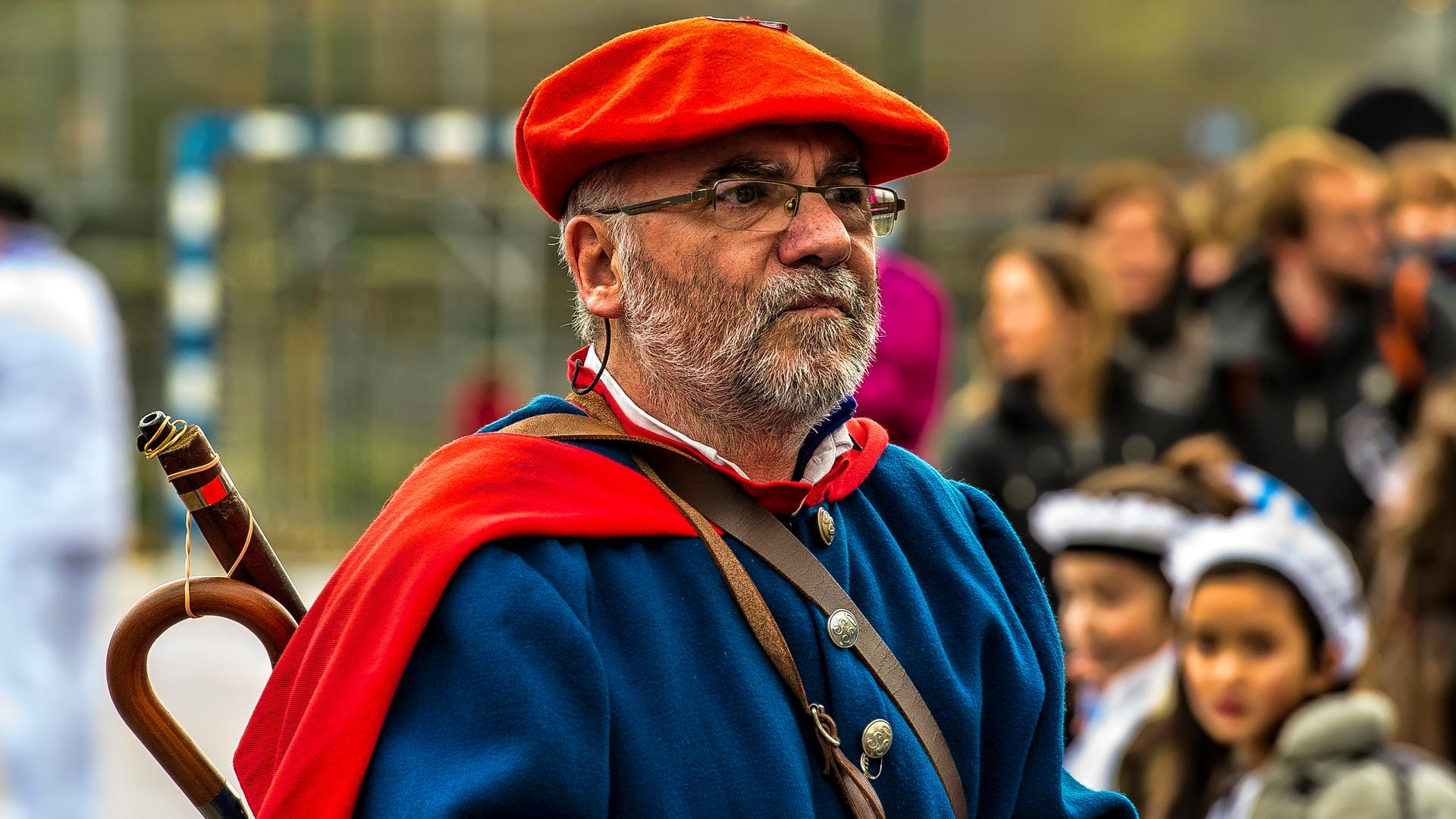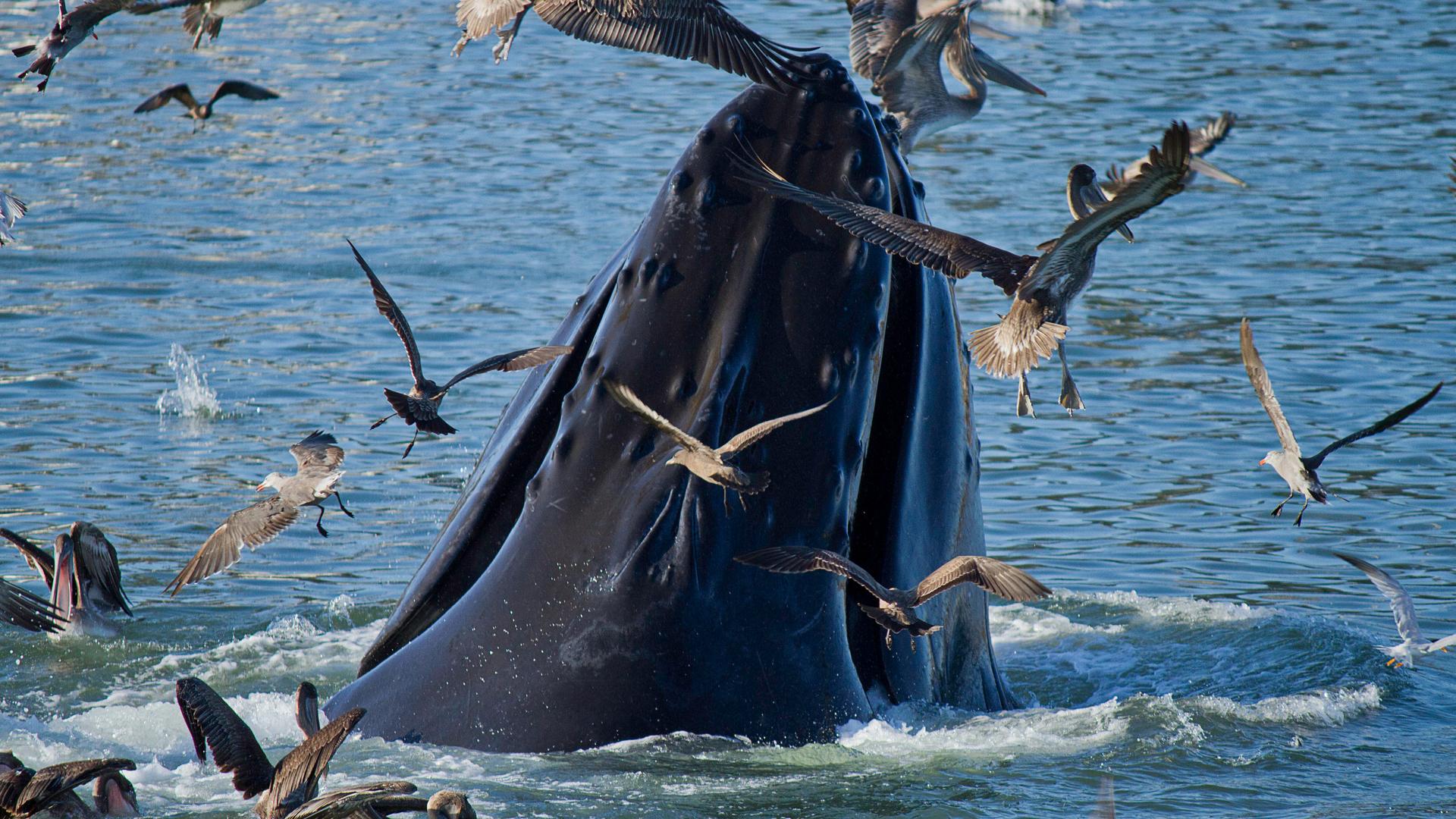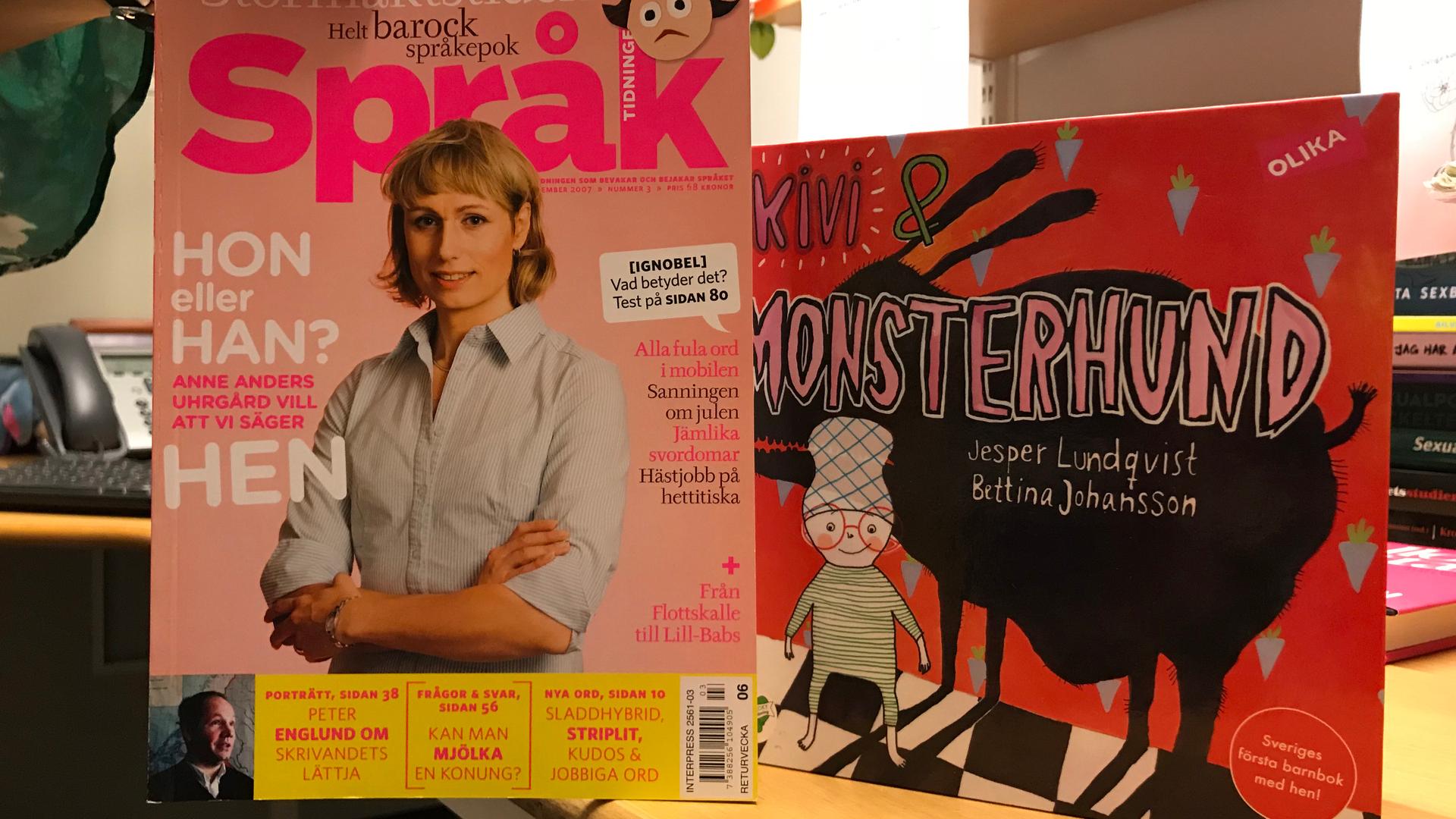Nina Porzucki
Nina is a former producer for PRI's The World.
When I was a kid my favorite record was a collection of sounds of the city: sirens, cooing pigeons, jack hammers, bicycle bells, dogs barking, horns honking, etc. I would play this record, much to the sheer agony of my parents, ad nauseum, making up a story for each sound. I like to think that was the first hint of a career in public radio. I joined The World's newsroom in 2013 after working as an independent producer/reporter. Prior to that I had a penchant for joining corps; first the Peace Corps in Romania and then traveling around the U.S. in an Airstream trailer as a facilitator for StoryCorps. When I'm not enlisting in yet another corps, you may find me baking pie, eating pie, and pretty much thinking about pie.
How the Basque language has survived
This week on the podcast we talk about Basque. How did this language survive the military dictatorship of Francisco Franco when speaking and writing and reading were illegal? With more than six dialects, how did Basque develop a language standard? And how has this minority language thrived and even grown in the years since Francisco Franco’s dictatorship ended?
Where does language come from?
Humans are the only creatures on Earth that can choke on their own food. Yes, that’s right. Why would humans have evolved such potentially fatal architecture? Some experts say the reason is speech. This week on the podcast, we explore several theories about where language comes from.
Deciphering the lingo of pro-Trump trolls
In the run-up to the US presidential election, Cristina López came across language online that she didn’t understand — terms like “meme magic,” “red-pilled” and “nimble navigator.” They kept popping up in Reddit and 4chan where Donald Trump supporters posted. López and her colleagues at nonprofit Media Matters for America have spent many hours lurking on these message boards, deciphering what she calls the pro-Trump troll dialect. This week on the podcast, López explains some of the dialect.
Photos: A Polish village still struggles with its history. In World War II, people killed their Jewish neighbors
The Jewish residents of the Polish village of Jedwabne were killed July 10, 1941. For years the village attributed the massacre to German soldiers. In 2000, historian Jan Gross wrote a book that told a different story, that the Jews were killed by their Polish neighbors. The book caused an uproar in Poland and the story of Jedwabne continues to reverberate in Poland today.


